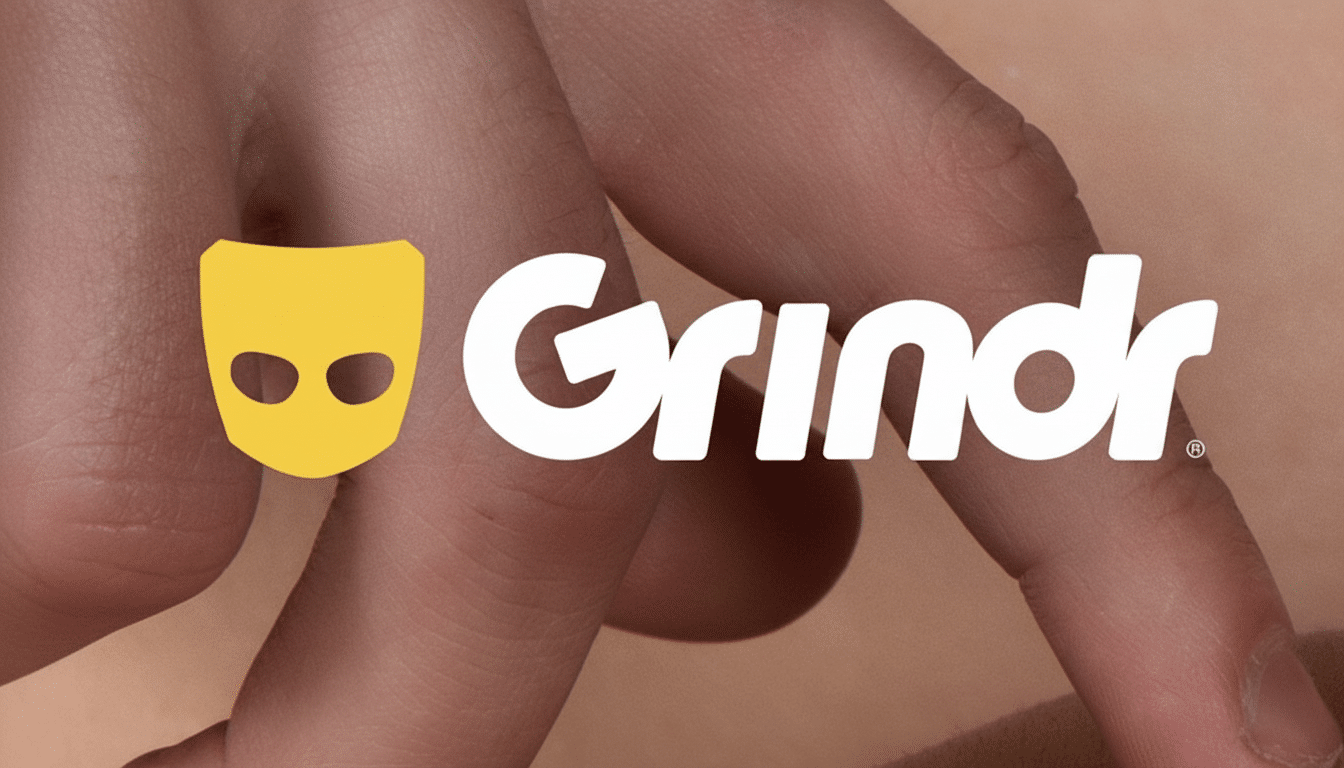The majority owners of Grindr are exploring a sale of the gay dating app after the deal it reached with U.S. officials last year failed to fully placate authorities concerned about its control of sensitive data, according to a Semafor story. The take-private would place the LGBTQ+ dating platform back into private hands just a few years after entering the market, highlighting how insider financing arrangements can get messed up due to public-market turbulence.
The two, Raymond Zage and James Lu, collectively own over 60 percent of Grindr. They had pledged most of their holdings as collateral to a lending arm tied to Temasek, Singapore’s state investment firm, according to Semafor. After Grindr’s stock declined, the collateral reportedly dropped below required levels, leading the lender to take and sell some of the shares and sending the duo scrambling for a buyout lifeline. Shares edged up on the speculation of a takeover.

How Pledged Shares Led To A Margin Spiral
Insider share pledges are common, but they come with a built-in accelerant: A falling stock price can prompt a swift unwind. With Grindr, it seems the owners’ loans were constructed with mark-to-market triggers. Once the equity cushion became a little anemic, enforcement took hold, with paper losses being converted into share sales and squeezing the life out of borrowers.
That reflexive liquidation pressure can panic investors who have nothing to do with the company, even if the company’s operations are still fully functional. It also limits the owners’ strategic options. A take-private supported by new debt or structured equity becomes a way to shed the daily mark-to-market stress and restore control under a private roof.
Fundamentals and the Market Context for Grindr’s Outlook
Semafor also points out that Grindr’s profitability rose about 25% in the most recent quarter for which financials were available — a signal that the underlying business is scaling. That progress has been accompanied by some investor questions about margin trajectory and upheaval in the corner office — standard flashpoints for a consumer app negotiating post-SPAC expectations and public scrutiny.
Grindr’s model combines subscriptions — Goulet says “millions” of Grindr users are subscribing in 2021 via Xtra and Unlimited tiers — with à la carte features that can be purchased by the millions of international souls seeking potential matches. It competes in a crowded field with the likes of Tinder, Bumble, Hinge and other niche LGBTQ+ apps, but it’s also one of the most recognizable brands. For a lot of investors, the debate hasn’t been so much about growth prospects as it has been how efficiently that growth turns into cash flow in the context of high marketing costs and investment in new products.
Financing Talks And A Potential Valuation
The owners are talking to Fortress Investment Group to line up buyout financing, Semafor says. A fact that could come more into focus as diligence proceeds: Fortress is majority owned by Mubadala Investment Company of Abu Dhabi. The rumored price of about $15 a share would value Grindr near $3 billion — broadly in line with where specialty consumer platforms have traded when growth, margins and scarcity value converge.

Any agreement would probably require a special committee of independent directors, a so-called fairness opinion and a shareholder vote, as is typical of going-private transactions. Because of Grindr’s sensitive user data, observers will also be watching any national security review. A Chinese owner of the app has already sold it after coming under intense scrutiny from the Committee on Foreign Investment in the United States, and data governance is still a focus for both regulators and civil society groups.
Why Private Ownership Might Be Appealing Today
Going private can buy time. Free of the quarter-to-quarter spotlight, management can adjust pricing, extend safety and privacy features or rethink ad and subscription mixes without immediate punishment from the market. It also gives the owners the space to reorganize their own financing away from the public equity treadmill that led to a margin squeeze.
The flip side is leverage. Buyouts pile debt onto the balance sheet and the higher interest costs today can restrict strategic flexibility. That means any deal would need to be based on confidence that Grindr’s subscription business, healthy in cohort retention and unit economics, could support its new obligations while continuing to fund product innovation and moderation investment.
What It Means for Users and Rivals Across Dating Apps
For consumers, the short-run experience likely won’t change much. Matches, messages and power swipes should operate as normal. In the longer term, a private Grindr might redouble privacy and anti-harassment tooling, as well as location protections — spaces in which both advocacy groups and security researchers have encouraged more industry development.
Any brand reset or product push by Grindr would reverberate competitively across the dating app landscape. Either a more aggressive premium strategy or new social features will put pressure on rivals, or a debt-constrained product road map could open windows of opportunity for competitors to snap up engagement. Either way, the market will interpret a take-private as a wager that Grindr’s community is worth more off of public markets’ daily churn.
For now, the core storyline is obvious: A finances-strangling squeeze imposed by pledged insider shares is forcing a shift in strategic direction. If financing materializes and regulators approve, then Grindr could soon re-enter the ranks of consumer tech names that ultimately found private ownership more appealing than public life.

